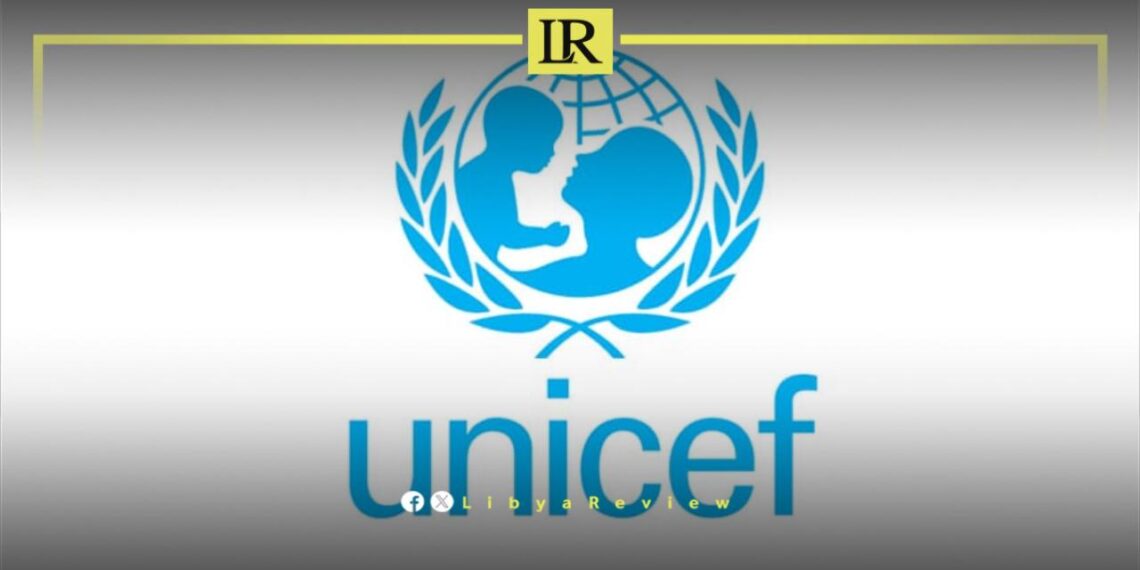The United Nations Children’s Fund (UNICEF) has raised alarms about worsening malnutrition crises in the Middle East and North Africa, including Libya, where children are at risk of both stunting and obesity.
On Monday, UNICEF released a report highlighting the region’s significant challenges due to ongoing crises, political instability, climate shocks, and rising food prices.
UNICEF expressed concerns over the dual burden of child malnutrition in countries like Egypt and Libya, where issues such as stunting and obesity coexist. The organisation noted that each context requires a tailored response to address the specific forms of malnutrition and their underlying causes.
According to the report, one in three school-aged children in the region suffers from overweight or obesity. Additionally, 24 million children face undernutrition, including stunting and wasting. In total, 77 million children in the Middle East and North Africa are affected by some form of malnutrition.
The report also revealed that 55 million children in the region are overweight or obese, with these conditions becoming increasingly common among school-aged children across all 20 countries in the region.
Despite progress in reducing stunting (low height for age) over the past two decades, the problem persists, affecting 10 million children under five years old.
Adele Khodr, UNICEF’s Regional Director for the Middle East and North Africa, pointed out that only one-third of young children receive the nutritious food they need for proper growth and development, calling the situation “shocking” in 2024.
Khodr urged governments in the region to prioritise nutrition in their national development plans, policies, and budgets.
The UN also recently reported that conflicts, economic turmoil, and climate challenges have hindered efforts to reduce global hunger, which affected around 733 million people in 2023, remaining at this level for three years following a spike due to the COVID-19 pandemic.


